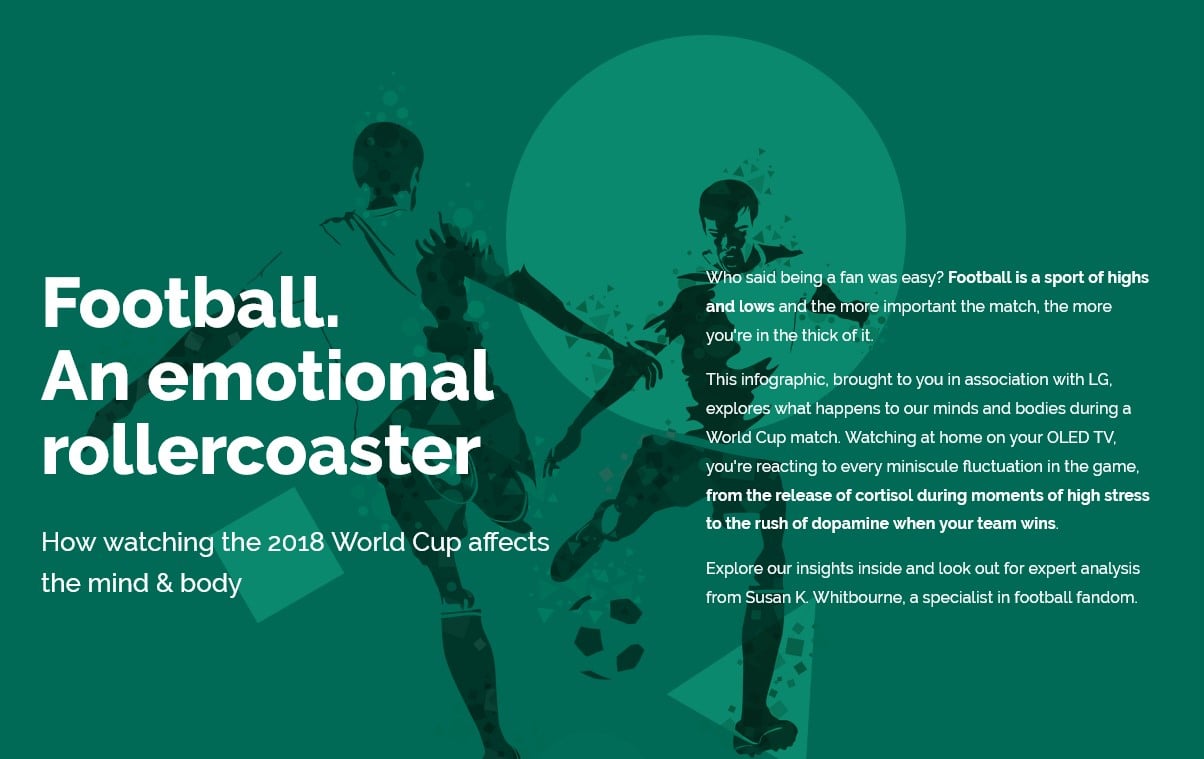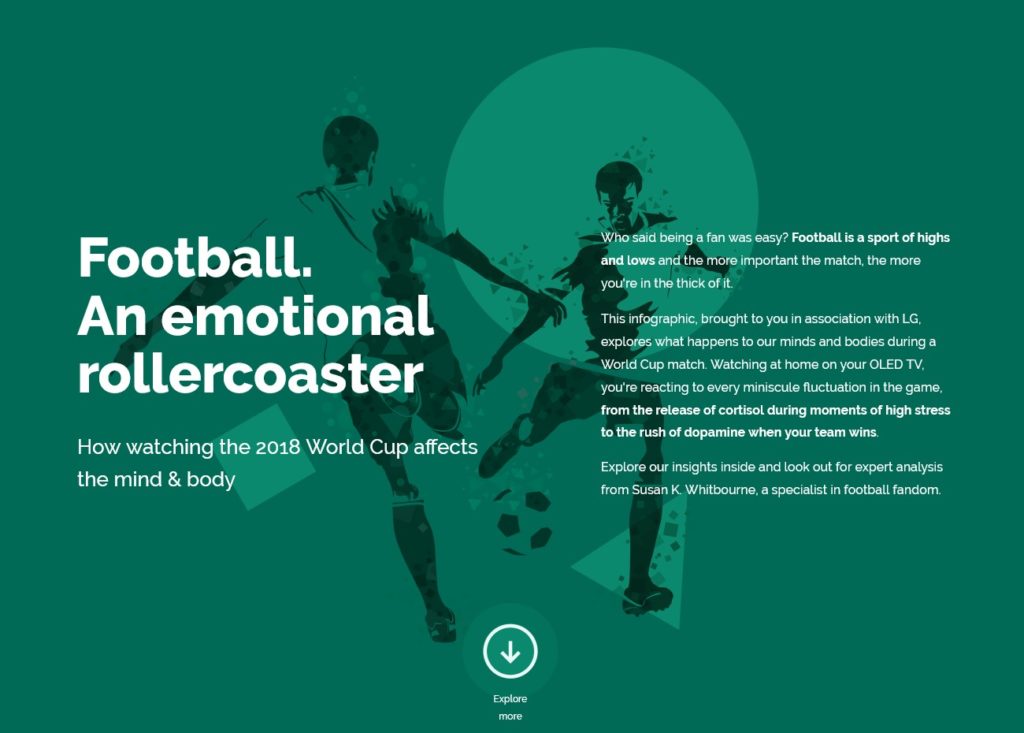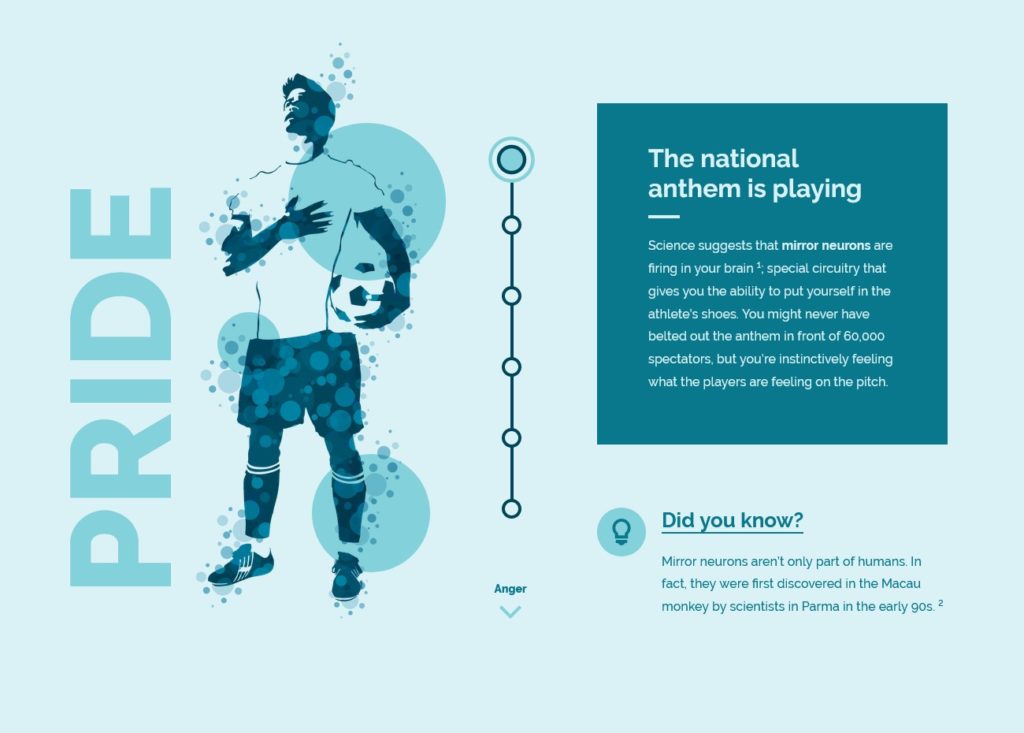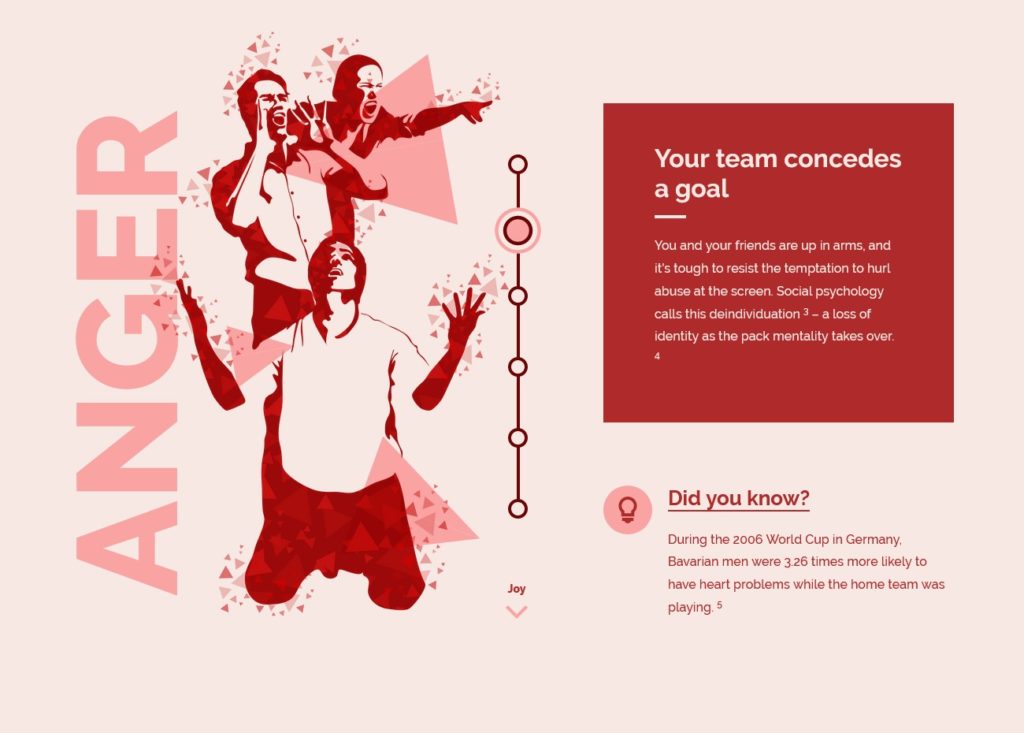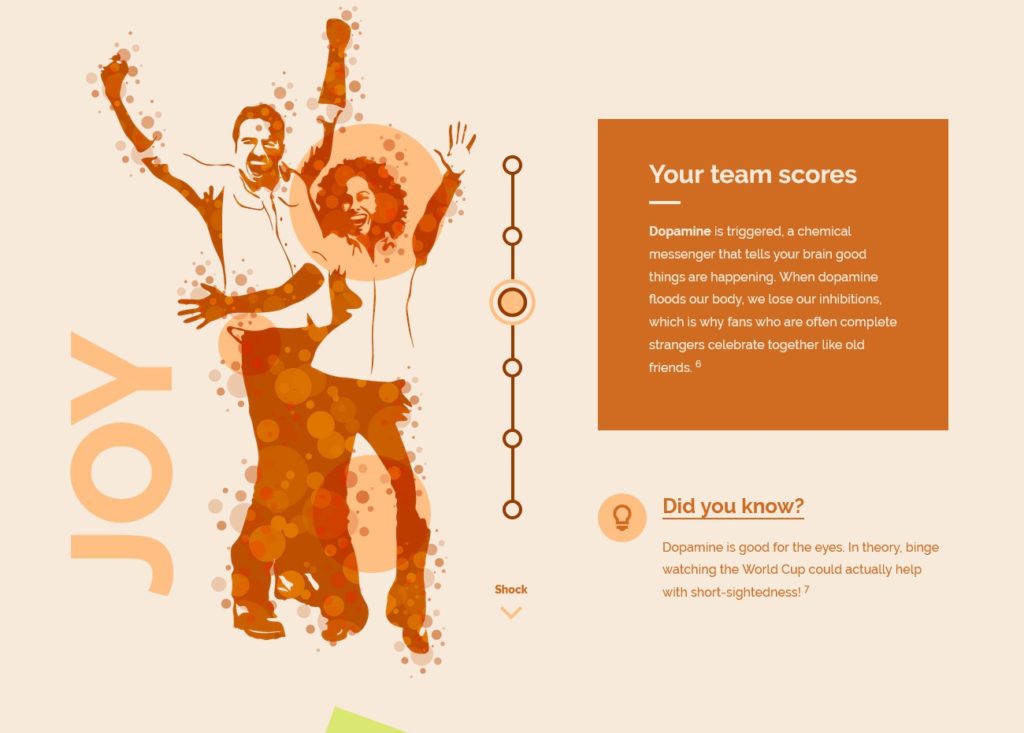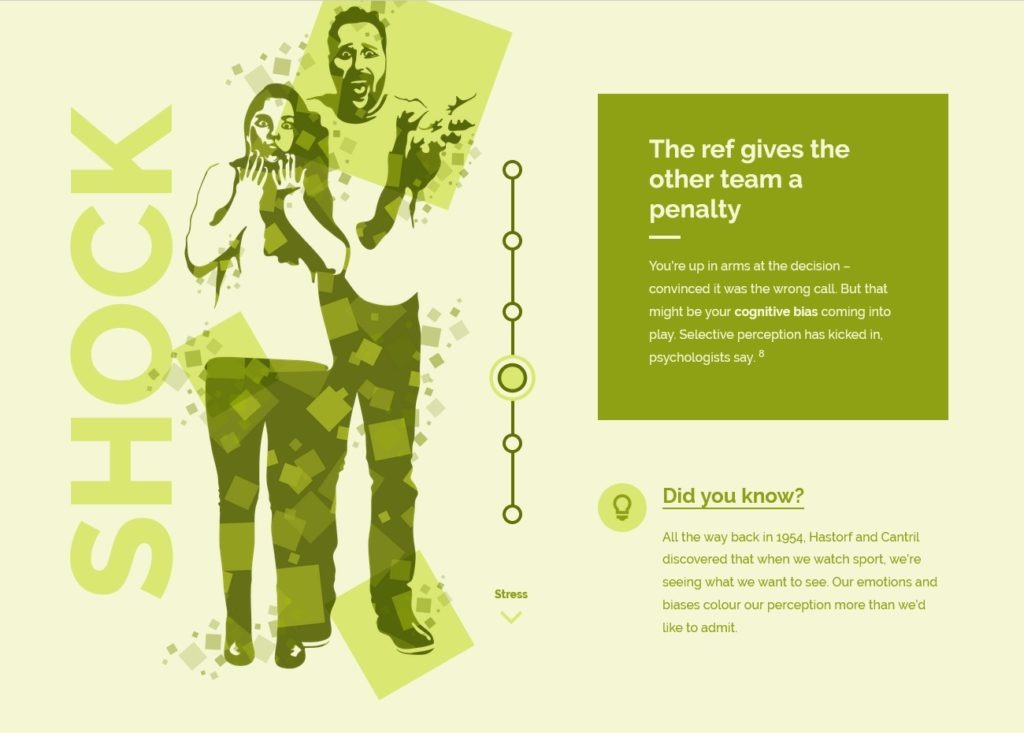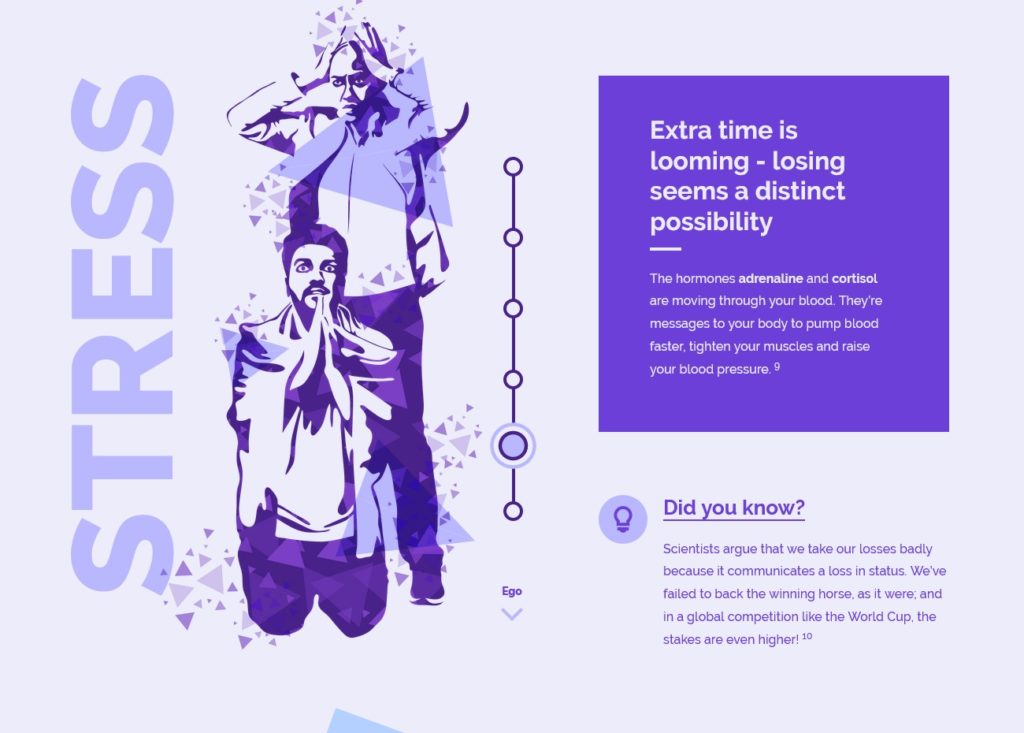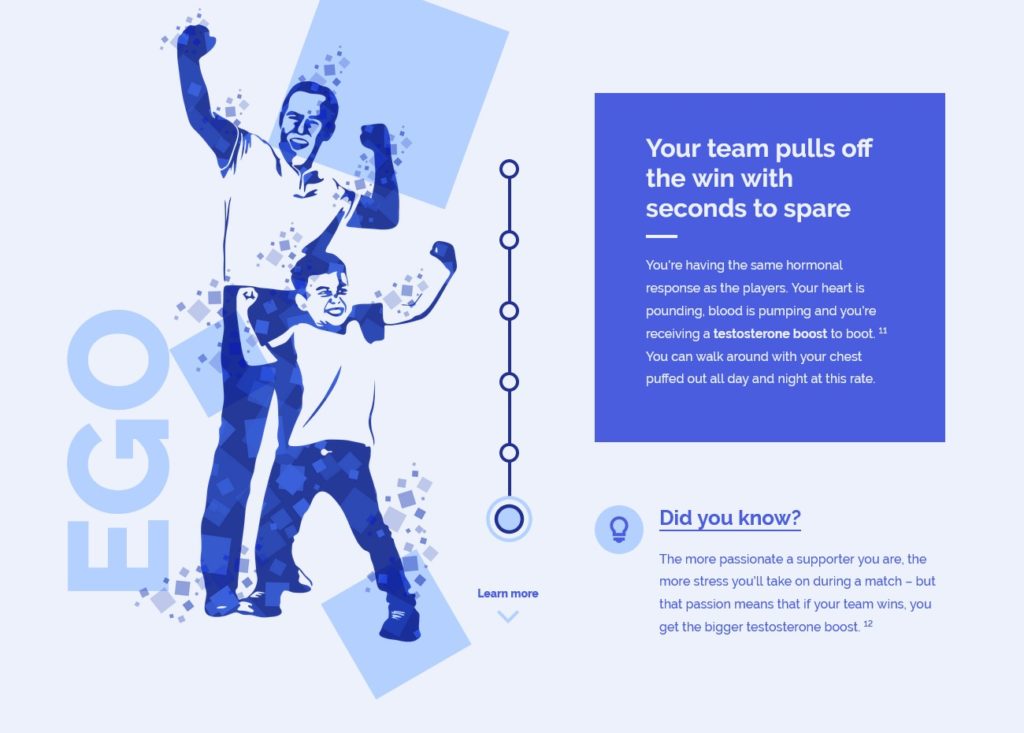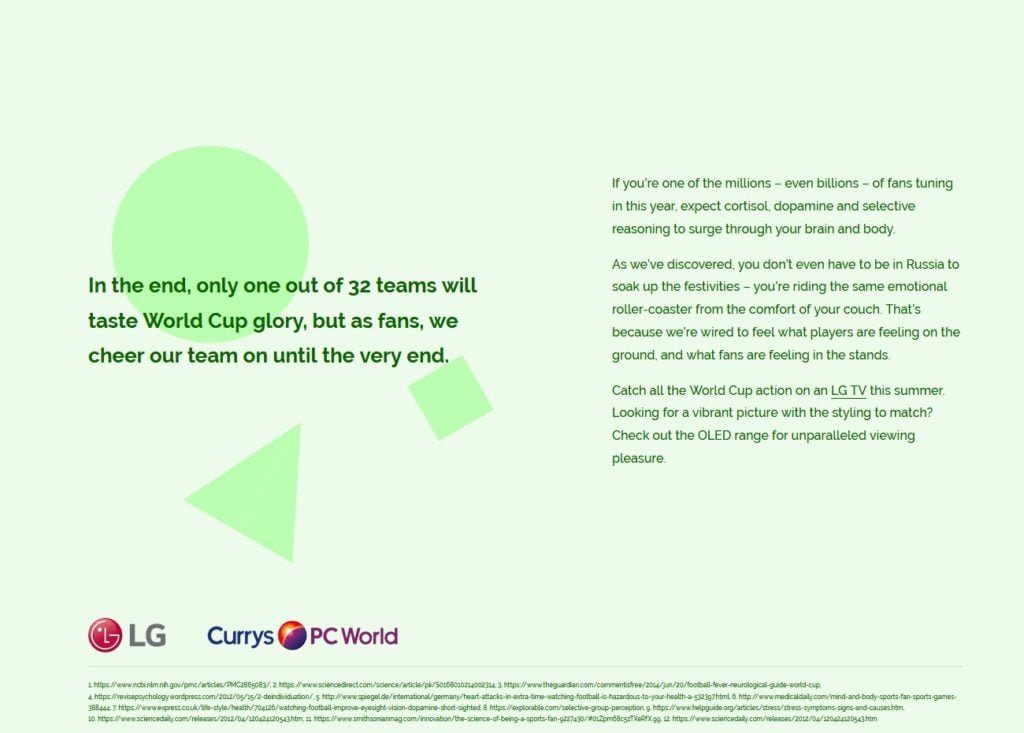When it comes to sheer size and spectacle, there are few bigger events than the FIFA World Cup.
In fact, watching the match at home can often be more intense than watching it in the stands.
Q1 hedge fund letters, conference, scoops etc, Also read Lear Capital: Financial Products You Should Avoid?
“The larger image and sound of a TV heightens reality, which puts you in the centre of the action,” says Susan Whitbourne, a professor of Brain Sciences at the University of Massachusetts Amherst and an expert in sports fandom. “In the stadium, you’re with thousands of other people and are likely to be paying attention to more than the game itself.” Plus, you can see the action on the entire field, something that can lessen the intensity of the experience.
The life of a fan
If you’re a diehard football supporter, it doesn’t matter where you watch. The experience can still be felt in the same way. Starting with that rush of dopamine before the match, followed by the firing of mirror neurons during the national anthem – you’re riding an emotional rollercoaster.
Mirror neurons have been observed in both humans and monkeys; circuits in the brain that fire when we see someone experiencing an emotion we recognise, like pride or fear or sadness. Even from our couches, we’re putting ourselves in the shoes of the players out on the pitch.
Watching from the sidelines
The committed fan screams at the TV for a player to pass the ball, or shoot at goal, or take on the opposition. We’re watching from the sidelines, but we might as well be on the pitch. “You’ll wish you could have an impact on the action when it’s not going your way,” Whitbourne says. “And the more absorbed you become, the greater the frustration of seeing things up close as if you were a player but without the ability to influence the score.”
Equally, when the going is good you’ll react with elation and joy. “These large highly-charged events trigger the release of chemicals in the brain associated with pleasure and excitement. For people who are heavily invested in the World Cup, both the highs and the lows of their team’s performance lead to this kind of emotional reinforcement.”
But the curious reality of the FIFA World Cup is that even casual fans taste the bitter pill of disappointment when their team loses and get the sweet rush of satisfaction when that result is reversed. That’s because sporting events are important social gatherings too, Whitbourne says.
The World Cup: more than a game
“For people who don’t care about the sport, or sports at all, the social aspect of a major sporting event draws them in,” Whitbourne says. “In the field of social psychology, there is ample evidence that we crave being with a group and having mutual experiences with like-minded individuals.”
According to reports, half of all the people in the world will be tuning into the action in Russia. That’s not just diehard supporters but casual ones too, many of whom will get just as much out of the experience, Whitbourne says. Come Monday at work, fans will discuss the match around the watercooler whether they watch football regularly or not.
“Sports are often trivialised as entertainment, but at a deeper level, your team has a meaning that extends far beyond the stadium,” Whitbourne notes. The national mood can be affected by the performance of the team, she says, and adds that since the result means so much to so many of us, we tend to watch the match through a biased lens.
“The average fan is a pretty poor statistician,” Whitbourne says. “You keep track not of the decisions that go your way, but not of the ones that don’t. Therefore, even if the fouls are being evenly called, you remember the ones that you believed to be unfair or unjustified.”
In it together
Biases or not, Whitbourne believes that sports do “a great deal of good” and that global competition like the FIFA World Cup teaches us about cultures we haven’t experienced and makes us empathic towards people we don’t know. In the end, we wear our tribal colours and we support our team, but we’re aware that we’re taking part in something that’s bigger than ourselves.
For more of Susan’s insights, read our infographic on what happens to the mind and the body during a World Cup match.

